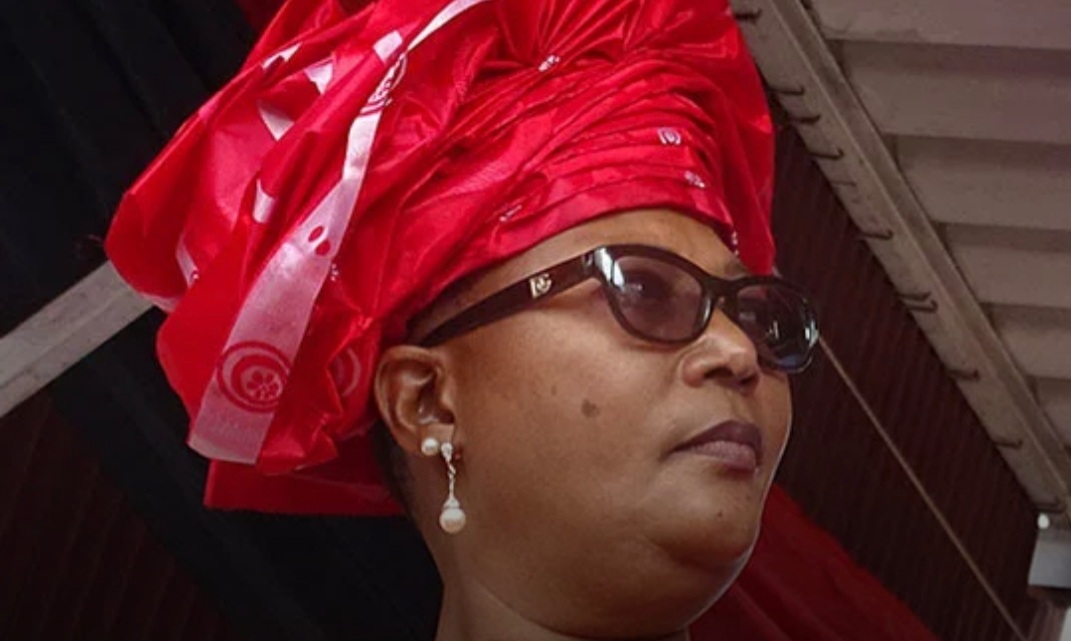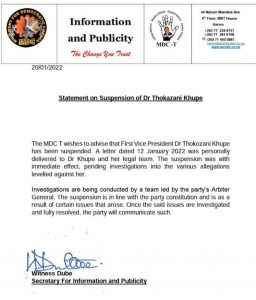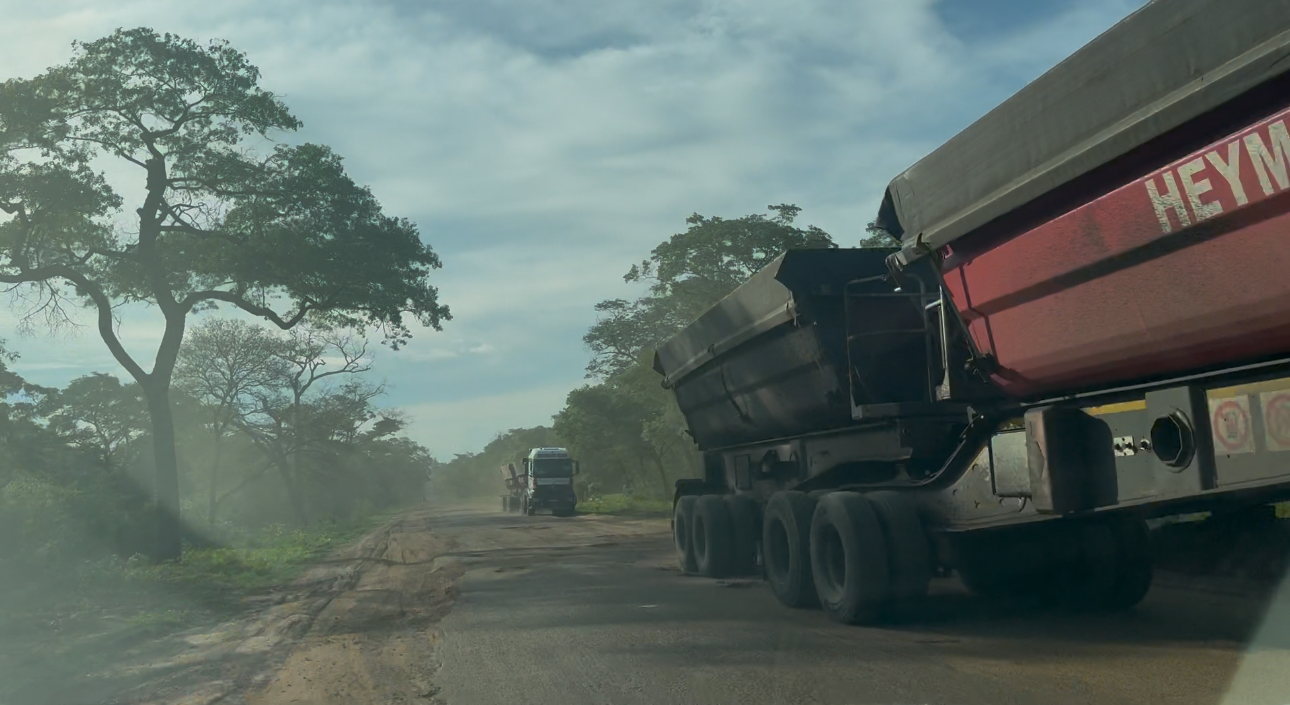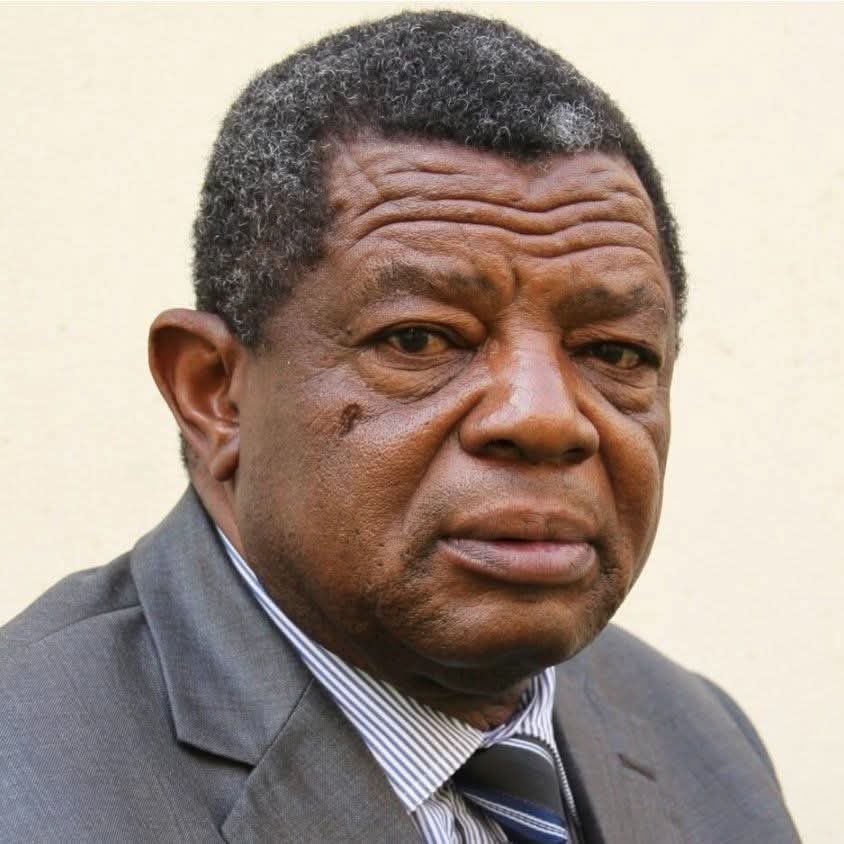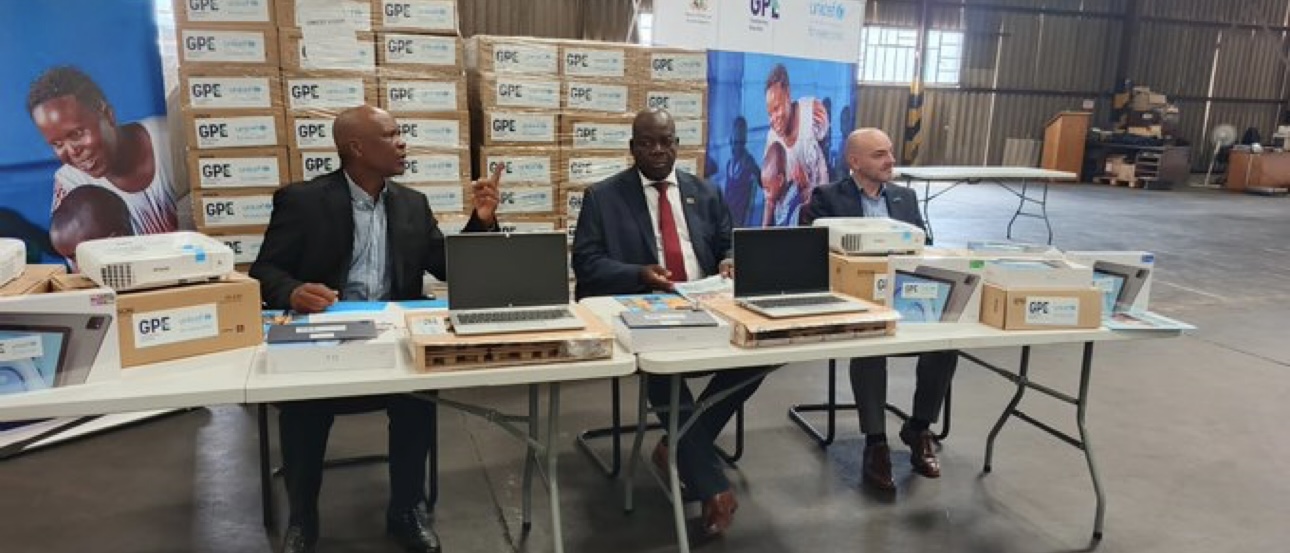BY NOKUTHABA DLAMINI
Members of Parliament pressed Government ministers on pressing issues affecting farmers and rural communities during oral questions at the beginning of yesterday’s parliamentary sitting, according to the Hansard record released from the Parliament of Zimbabwe.
MP Kudakwashe Mananzva raised concerns about delays in the distribution of critical fertiliser following reports that Ammonium Nitrate (AN) had not yet reached farmers despite good rains this season.
“This year we received good rains and we received fertiliser compound D but we did not receive the Ammonium Nitrate (AN). What is the Government policy to make sure that people receive their AN fertiliser in time?” the MP asked, prompting an immediate response from the Minister of Justice, Legal and Parliamentary Affairs, Ziyambi Ziyambi.
In reply, Minister Ziyambi acknowledged logistical challenges facing distribution agencies but stressed that efforts were underway to address the delays. “They experienced some delays in terms of transportation,” he said, adding that authorities had pledged to ensure AN fertiliser was disbursed and that “when the rains recommence, farmers will continue farming and we will make sure farmers will receive their fertilisers.” He concluded with a pledge to “fight to make sure that all fertilisers are disbursed in time,” reflecting Government’s commitment to agricultural support.
In the same session, Patrick Sagandira, the elected Member of Parliament for Makoni Central, raised concern about the spread of livestock diseases affecting cattle in the wake of heavy rains, with particular reference to January disease, which devastates herds during the rainy season.
Sagandira asked: “What is the Government policy in making sure that farmers get medication for their livestock, especially the January disease?”
Minister Ziyambi reiterated Government advice on preventative measures rather than direct treatment. “To avoid January disease… every week, farmers are expected to spray the cattle or there must be dip tanks,” he said, noting that the Ministry had distributed “some tick grease to farmers in the rural areas” to help curb infestations and disease transmission.
Turning to critical infrastructure,Tendai Pinduka questioned the Minister of Transport and Infrastructural Development, Felix Mhona, on Government policy regarding rural roads, many of which have been damaged by recent rainfall.
“Most of the roads, especially those in rural areas, have been eroded by rainfall,” Pinduka said, asking when fuel allocations for road rehabilitation would be released to councils.
Minister Mhona explained that responsibilities for road maintenance are divided among authorities, with rural district councils and agencies like RIDA responsible for specific networks. He stressed that Government, through the Zimbabwe National Roads Administration (ZINARA) and the Emergency Roads Rehabilitation Programme Phase 2 (ERRP2), would support councils.
“We are pleading with the Rural District Councils that they must give us names of the roads and the kilometres that need to be rehabilitated,” he told MPs, adding that monitoring would ensure fuel disbursed was used for its intended purpose.
Supplementary questions further highlighted concerns about damaged bridges critical for access to schools and clinics. In response, Minister Mhona stressed the importance of collaboration between provincial engineers, councils and the Ministry to ensure “bridges can be rehabilitated swiftly.”
On frustration from MPs about failure to access fuel due to prior reporting shortfalls, the Minister said the Ministry had found solutions in some cases, including allocating further fuel while addressing accountability concerns.
Finally, questions arose about deteriorating town roads. Minister Mhona clarified that urban road networks fall under local authority jurisdiction, but reaffirmed Government commitment through ERRP2 to step in when needed, stating that “no place and no one is going to be left behind.”

 Slider3 years ago
Slider3 years ago
 National4 years ago
National4 years ago
 Tourism and Environment4 years ago
Tourism and Environment4 years ago
 Special reports4 years ago
Special reports4 years ago
 Opinion4 years ago
Opinion4 years ago
 National4 years ago
National4 years ago
 National3 years ago
National3 years ago
 National3 years ago
National3 years ago
